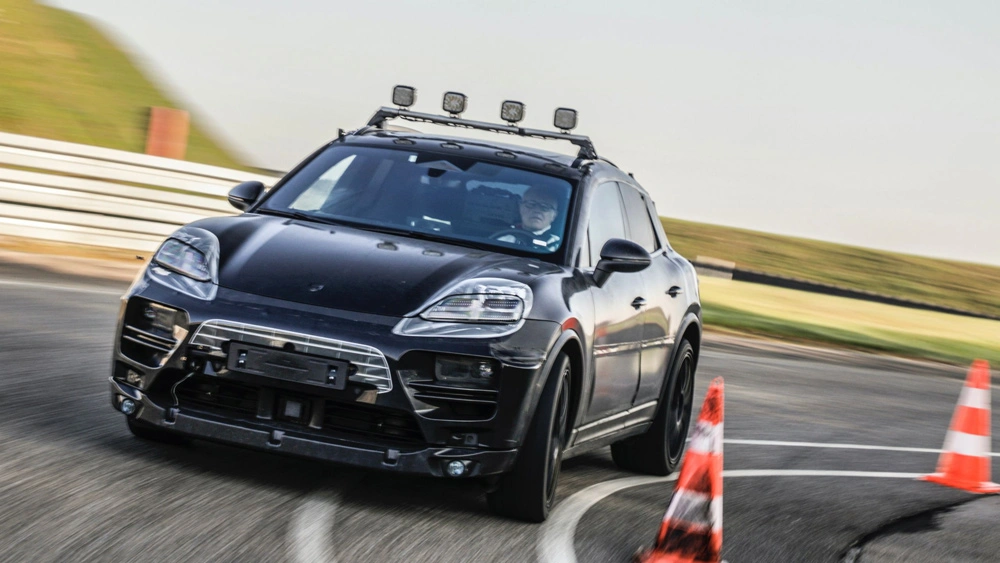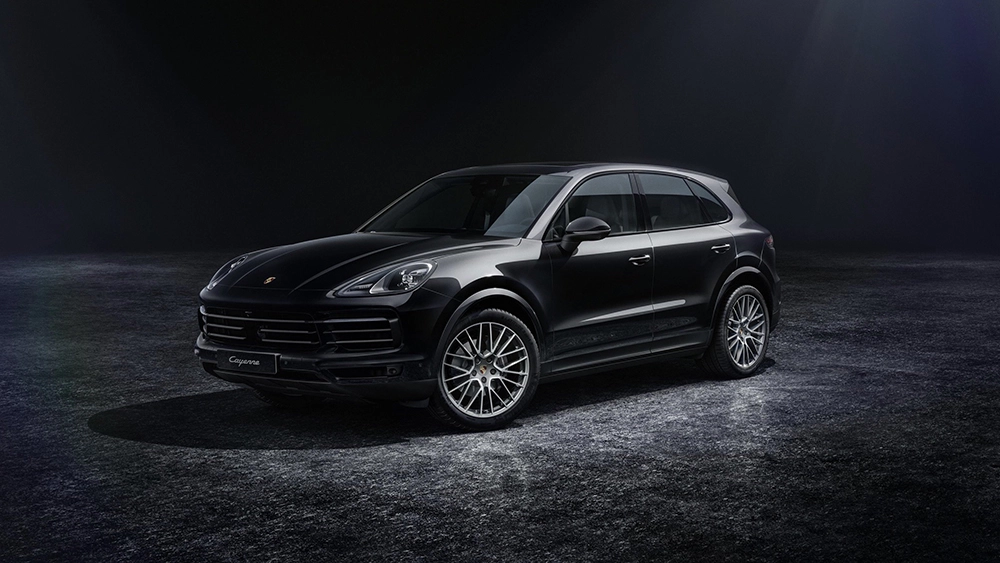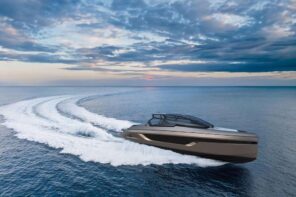Porsche has confirmed that an all-electric version of its popular SUV, the Cayenne, will be arriving after 2025. This announcement comes as part of the German automaker’s push towards electrification, with plans to have 80% of its vehicles electric or hybrid by 2030.

Photo: Courtesy of Porsche AG.
The electric Cayenne will be based on the same platform as the upcoming Audi Q9 e-tron, which is set to launch in 2022. The platform is designed to accommodate a range of battery sizes and configurations, allowing for flexibility in the vehicle’s range and performance.
While details on the electric Cayenne are still scarce, it is expected to feature a similar range to the recently launched Porsche Taycan, which has a range of up to 300 miles on a single charge. It is also likely to have a high-performance electric drivetrain, providing quick acceleration and a sporty driving experience.
This move towards electrification is not new for Porsche, as the brand has already introduced its first all-electric vehicle, the Taycan, to critical acclaim. The Taycan has been praised for its impressive driving dynamics and stunning design, proving that electric vehicles can still be fun and exciting to drive.
The introduction of an electric Cayenne is part of Porsche’s larger plan to reduce its carbon footprint and meet the growing demand for electric vehicles. The brand has set a goal to be carbon-neutral by 2030, and the introduction of more electric models is a key part of achieving that goal.
The Cayenne has been a popular model for Porsche, with the SUV accounting for a significant portion of the brand’s sales. The introduction of an electric version of the Cayenne is sure to be a hit with consumers who are looking for a spacious and luxurious SUV with the added benefit of zero emissions.
In addition to the electric Cayenne, Porsche is also set to launch an electric version of its iconic 911 sports car in the coming years. The electric 911 is expected to have similar performance to the gasoline-powered version, proving that electric vehicles can still deliver the same driving experience as their combustion engine counterparts.





